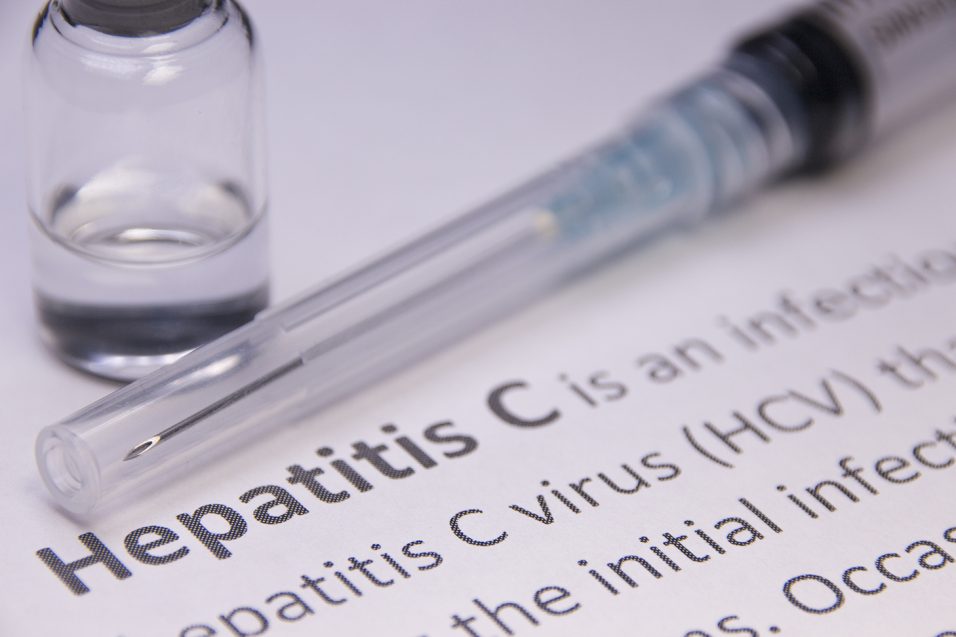How the US Can Beat Hepatitis C: Don’t buy the pills, buy the company
Pharma veteran and physician advance provocative solution to overcome treatment costs
CAMBRIDGE, MASSACHUSETTS—In an article published today in Forbes, Visiting Scientist at the MIT Sloan School of Management Mark Trusheim and co-author Peter B. Bach, a physician at Memorial Sloan Kettering Cancer Center in New York, propose a startling response to the prevalence of Hepatitis C and the high cost of the leading therapy: The US government should not just pay for the pills—they should buy their maker.
The pharmaceutical company Gilead sells Hepatitis C drugs that have 80% market share at an estimated average cost per patient as high as $42,000 per curative treatment course. In clinical studies it’s shown to halt, and in some cases reverse, liver damage caused by the disease. “In this unique case … there is an intersection of a clear winning therapy, large public health need, slow adoption, high product pricing,” and a solid business case, say the authors.
By taking the unorthodox approach of buying Gilead and divesting the parts not related to US Hepatitis C treatment, the United States “will make [the therapy] affordable to rapidly treat the 2.7 million Americans that the CDC estimates still have hepatitis C,” and save money in the long run, compared to the traditional approach of reimbursing for treatments, Trusheim and Bach say.
This unprecedented solution, backed by a break-up analysis and financial cost-benefit calculations, fulfills another public aim: “Improving the health and wellbeing of the US is the very objective of public investment in research, medical care, and in this one case, the stock market,” the authors assert.
“In a desire to cure more patients faster, we discovered that private equity financial tools could provide a more effective route than what the current drug purchasing approaches are achieving,” said Trusheim, who is also a Strategic Director of the MIT NEW Drug Development ParadIGmS (NEWDIGS) initiative. NEWDIGS convenes a broad sample of healthcare stakeholders—including global leaders in research, development, insurance, regulation, clinical care, and patient advocacy—to develop and pilot innovative biomedical innovation practices that benefit all.
Current hepatitis C treatment costs are limiting their impact on patient care. “Science is making remarkable treatments possible,” said Dr. Gigi Hirsch, Executive Director of NEWDIGS and the MIT Center for Biomedical Innovation (CBI). “The creativity and analytic rigor that Peter and Mark demonstrate in this proposal stimulate the kinds of collaborative discussions we need to overcome the financial barriers between patients and the medicines they need.”
Contact
MIT NEWDIGS
Eric Norman
enorman@mit.edu
617.733.3540
About MIT NEWDIGS
MIT NEW Drug Development ParadIGmS (NEWDIGS) is an international “think and do tank” dedicated to helping biomedical innovation benefit all healthcare stakeholders faster and reliably. NEWDIGS designs, evaluates, and initiates advancements that are too complex and crosscutting to be addressed by a single organization or market sector. Its members include global leaders in research, development, insurance, regulation, clinical care, and patient advocacy. For more information, visit http://newdigs.mit.edu.
